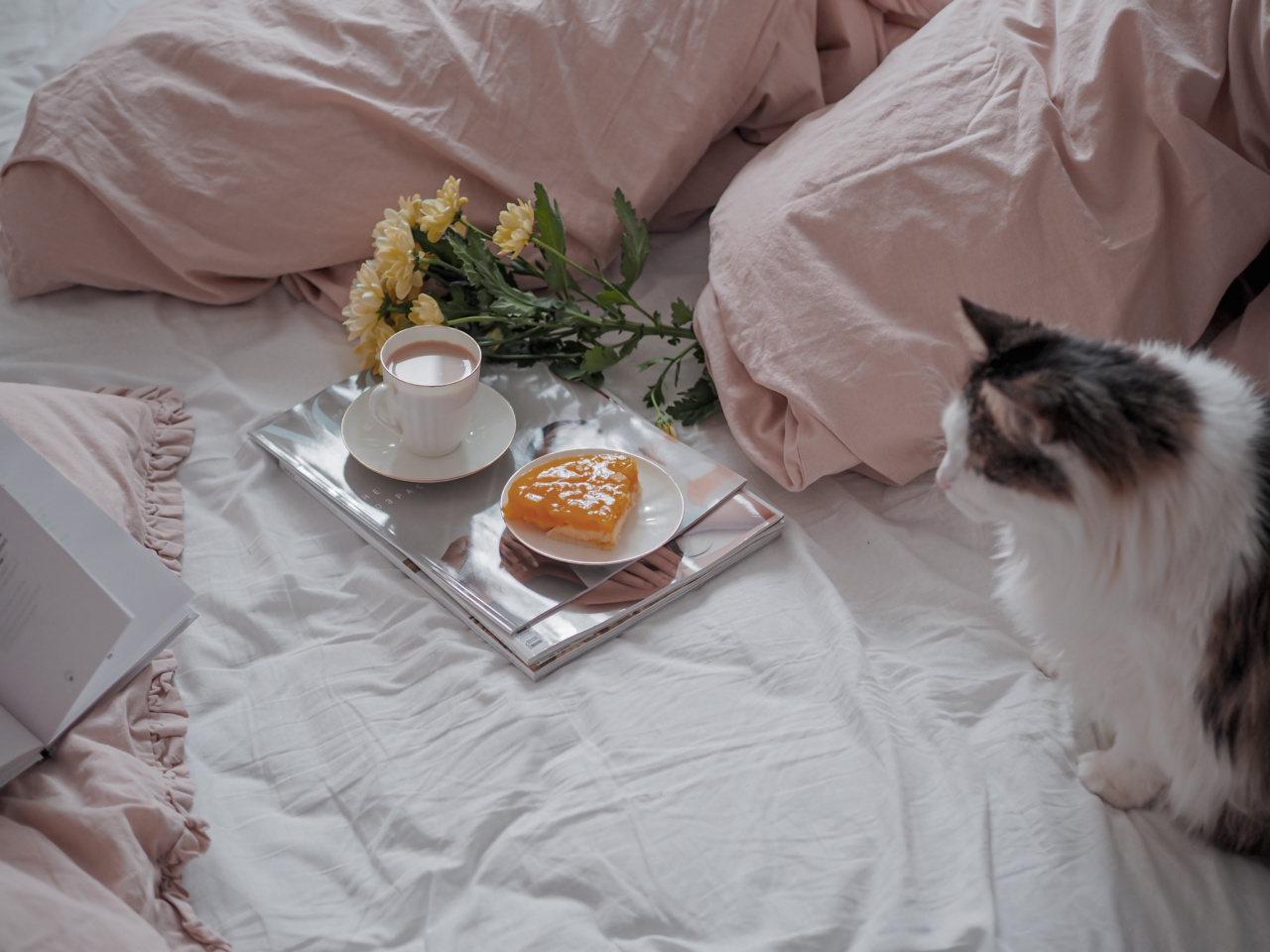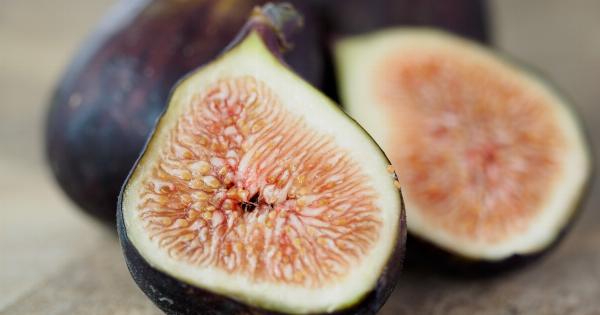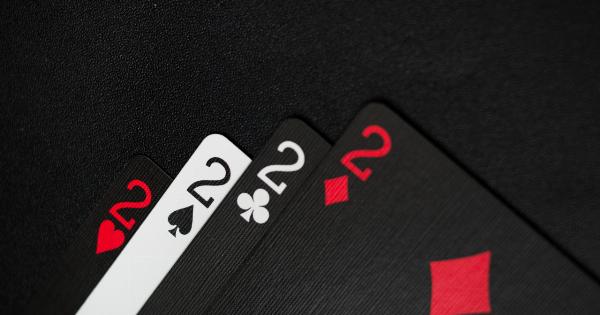Cat’s Cake Obsession is a common phenomenon observed among our feline friends. Cats have been known to display an unusual fascination with cakes, often going to great lengths to get a taste or simply be near them.
In this article, we will delve into the reasons behind this obsession and explore some possible explanations.
What Causes Cat’s Cake Obsession?
There are several factors that can contribute to a cat’s cake obsession. Let’s take a closer look at some of them:.
1. Sense of Smell
Cats have an incredibly developed sense of smell, which makes them particularly sensitive to the aromas emanating from a freshly baked cake.
The delicious scents can be irresistible for our feline companions, making them curious and eager to investigate further.
2. Curiosity
Cats are naturally curious creatures, and their curiosity often leads them to explore new and interesting things in their environment.
Cakes, with their unique textures, colors, and smells, can pique a cat’s curiosity and prompt them to investigate.
3. Sweet Tooth
It is believed that cats have a natural preference for sweetness. While they lack the taste receptors for fully appreciating the sweetness, they are still drawn to it.
This could explain why cats are so attracted to cakes, which are usually sweetened with sugar or other sweet ingredients.
4. Attention-Seeking Behavior
Cats are known to exhibit attention-seeking behavior, and what could be more attention-grabbing than a cat trying to get its paws on a delicious cake? Cats may have learned that their antics around cakes are more likely to garner attention from their human companions, leading them to develop a fixation on these tempting treats.
5. Texture and Playfulness
Cakes often have a soft and spongy texture that cats might find interesting to paw at or even play with. The tactile experience of sinking their paws into the cake’s soft crumb can be a stimulating and playful activity for cats.
6. Association with Pleasure
If a cat has ever managed to sneak a taste of cake, it may have experienced the pleasure of the sweet flavors and textures. This positive association can create a strong desire for more cakes, as the cat seeks to replicate the pleasurable experience.
7. Environmental Factors
The environment in which a cat is raised can also contribute to their cake obsession. If a cat has been consistently exposed to cakes or other similar treats, they may develop a stronger attraction towards them.
8. Imitation Behavior
Cats are notorious imitators, and their owners’ behavior can influence their own actions. If a cat observes its owner eating cake often, it may develop a desire to imitate by going after cakes themselves.
9. Social Interaction
Cats are social animals that thrive on human interaction. The act of stealing or attempting to steal cake can be a way for them to engage their human companions and initiate playtime or other forms of interaction.
10. Genetic Predisposition
It’s possible that certain breeds or individual cats have a genetic predisposition towards being more interested in cakes. This would explain why some cats exhibit a stronger cake obsession compared to others.
Conclusion
Cat’s cake obsession is a complex behavior that can be influenced by various factors, including their sense of smell, curiosity, attention-seeking behavior, and social interaction.
While it may be entertaining to watch our furry friends try to get their paws on a cake, it’s important to remember that cakes are not suitable for feline consumption due to their ingredients and potential health risks. As responsible cat owners, it’s our duty to ensure that our cats have a safe and healthy diet that meets their nutritional needs.




























